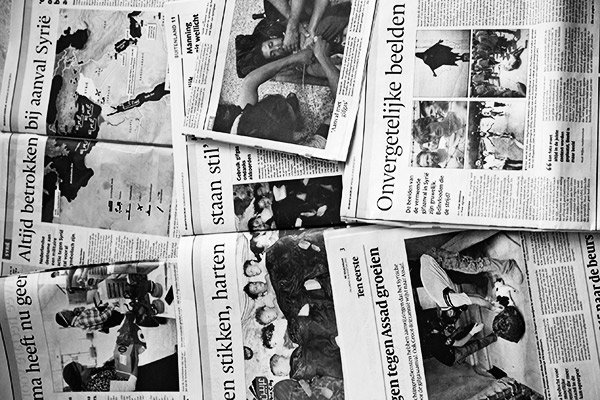For those who accept the reality of globalisation, there is a growing consensus on one clear consequence – the loss of control. In this vein, states are often said to have lost the power they once had over their domestic platforms. Meanwhile, several factors suggest they may have lost control of another crucial asset: their international reputations.
Separatism
The biggest threat to the UK’s reputation in recent years was arguably the Scottish referendum on independence. If Scotland had voted ‘yes’, the UK’s brand would have been fundamentally and irreversibly changed. One of the driving forces behind the desire for political separation stemmed from a disassociation with decision-making and power centres. The ingredients that make up the identity of a country are increasingly drowned out by international influences, a thought which seemingly defines UKIP. Essentially, people feel as if they have lost control.
Perception
The ease with which ideas cross borders in our globalised world poses another threat to national reputations. As we have seen recently with the rise of Islamic State in Iraq and Syria, the ability to promote violence beyond borders can be extremely destabilising. From a reputational view-point, the international perception of the entire Levant (and for some, the Middle East in general) will continue to be contaminated by the brutality of this group, despite their actual presence in only two nations. The surrounding countries of Lebanon and Jordan will be “lumped into” this crisis, losing an ability to define themselves as stable nations.
Blame
Finally, globalisation has driven an inherent togetherness that can prove to be both advantageous to the brands of some states and detrimental to others. On the one hand, unilateralism has become more of a faux pas, and as such, the ‘international community’ is strengthened. We praise together, and we condemn together. Foreign policy decisions are inherently more legitimate with the weight of the world behind you.
However, collective experiences such as the 2003 invasion of Iraq and the 2008 financial crash illuminate the downfalls of this global intimacy. While some suffered more than others, it still remained a world-issue. Likewise, the culpability was spread, shared, and therefore to some extent, diluted. We had too many fingers to point at, domestically and internationally, which convoluted the retribution.
What can states do in light of this loss of control? Clearly, states should be aware of the reputational threats posed by globalisation, and plan accordingly. This is easier said than done. But as Iceland’s response to the financial crisis indicates, it is still possible to take domestic ownership of an international crisis in a way which rebuilds credibility and preserves reputation.

